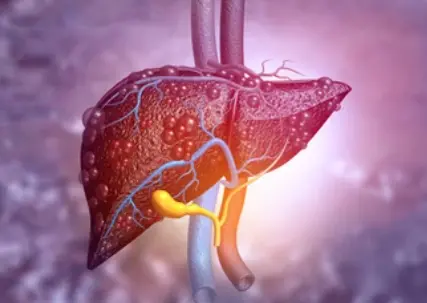 Welcome
Welcome
“May all be happy, may all be healed, may all be at peace and may no one ever suffer."
- A
- B
- C
- D
- E
- F
- G
- H
- I
- J
- K
- L
- M
- N
- O
- P
- Q
- R
- S
- T
- U
- V
- W
- X
- Y
- Z
Cancer pain - Generics
Cancer pain is a complex and often debilitating condition that can result from the cancer itself or from the side effects of cancer treatments. Cancer pain can vary in intensity and duration, and may be acute or chronic.
The causes of cancer pain are multifactorial and may include the growth and spread of the cancer, nerve damage caused by the cancer, inflammation, and the side effects of cancer treatments such as chemotherapy, radiation therapy, and surgery.
Treatment for cancer pain typically involves a combination of pharmacological and non-pharmacological interventions. These may include pain medications such as opioids, nonsteroidal anti-inflammatory drugs (NSAIDs), and adjuvant analgesics, as well as non-pharmacological interventions such as physical therapy, massage, and acupuncture.
In addition to managing the physical symptoms of cancer pain, it is important to address the psychological and emotional aspects of the condition. This may involve counseling, psychotherapy, and support groups to help individuals cope with the stress and anxiety associated with cancer pain.
Palliative care, which is specialized medical care that focuses on improving quality of life for individuals with serious illnesses, can also be an important component of cancer pain management. Palliative care can help to alleviate pain and other symptoms, improve emotional and spiritual well-being, and support individuals and their families through the challenges of living with cancer.

Surgical infections

Liver cirrhosis

Primary ovarian failure

Watery eye

Disseminated candidiasis

Eczema

Psychoneurosis

Achalasia
Cancer pain, ক্যান্সারে ব্যথা
To be happy, beautiful, healthy, wealthy, hale and long-lived stay with DM3S.